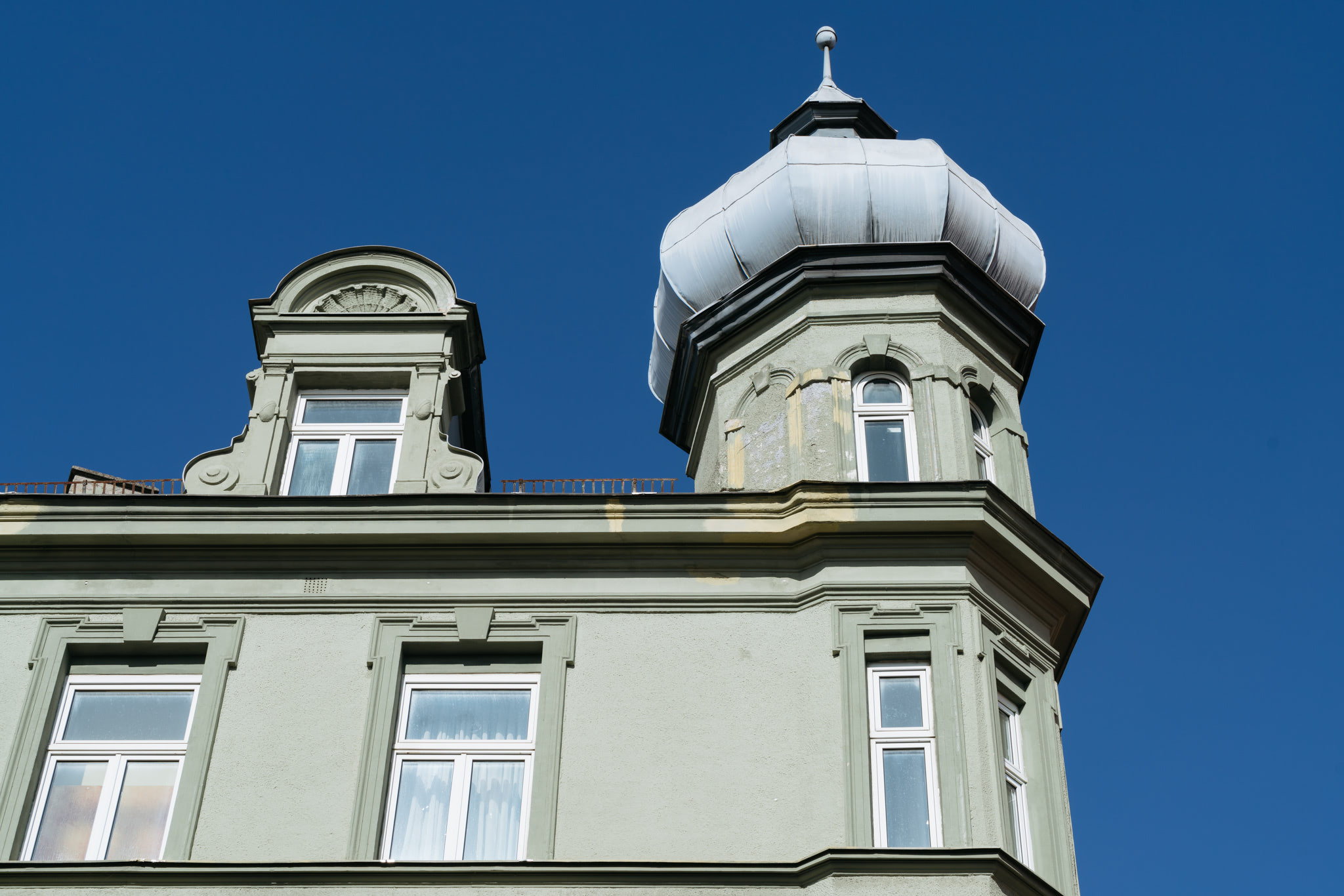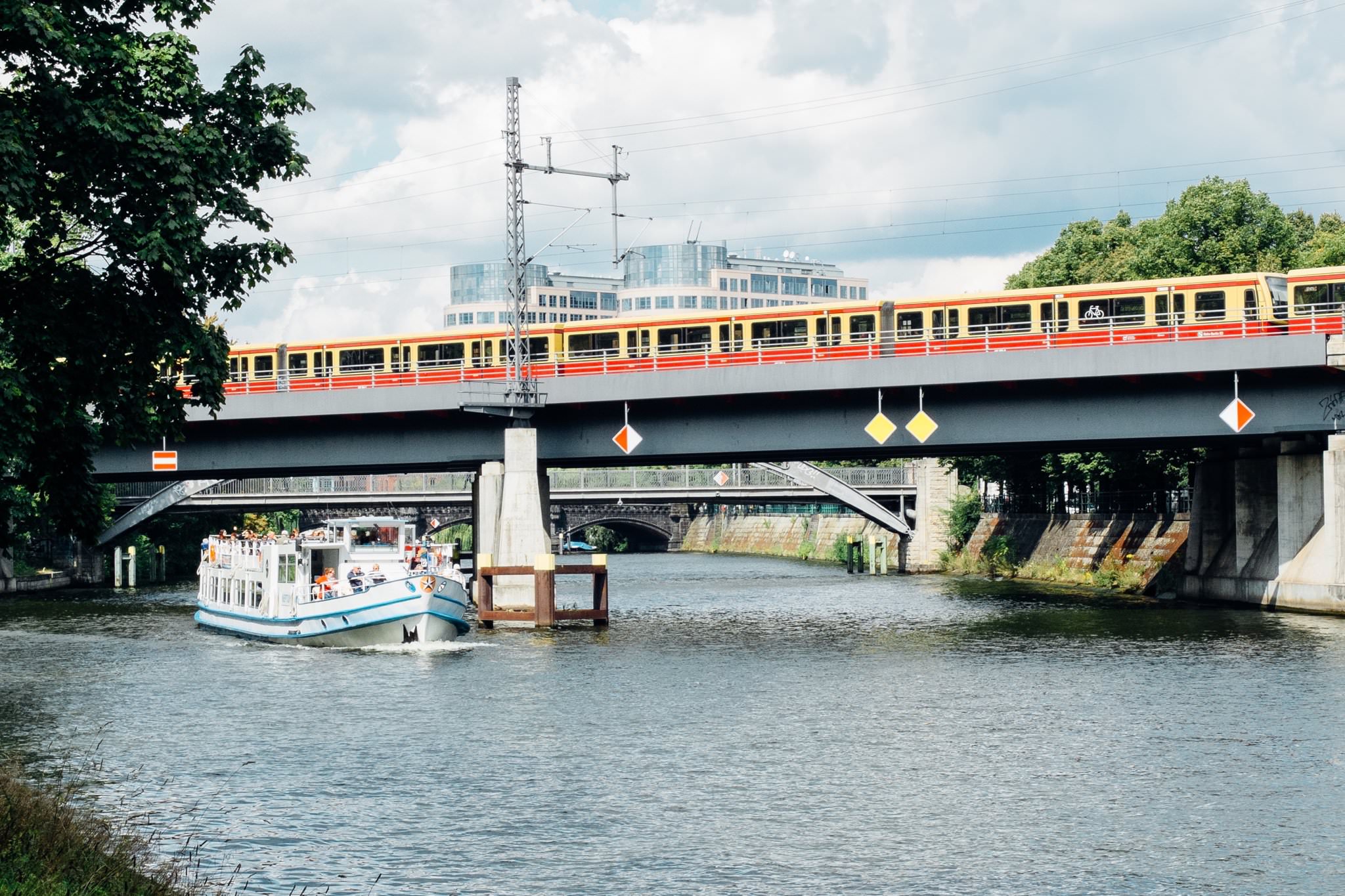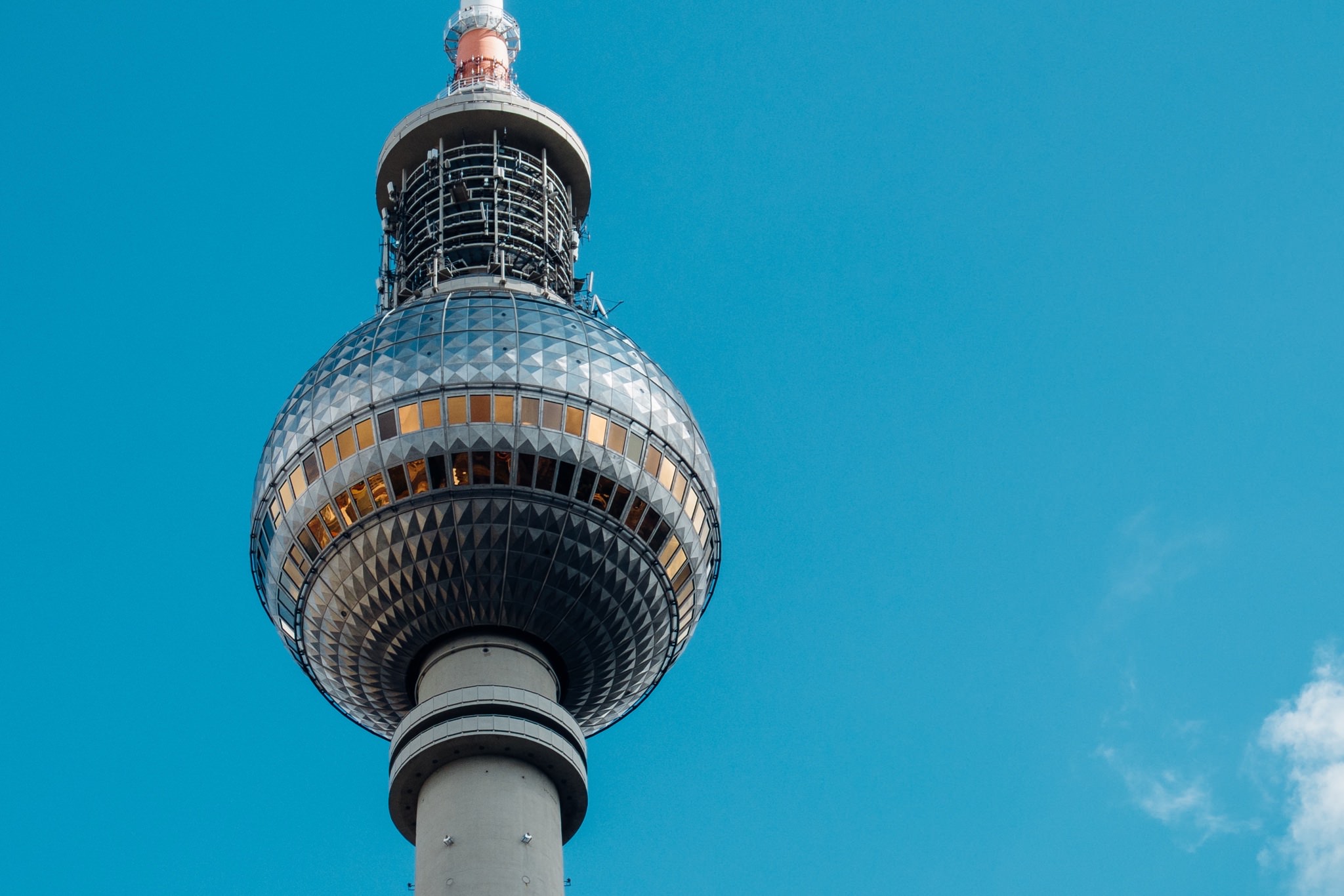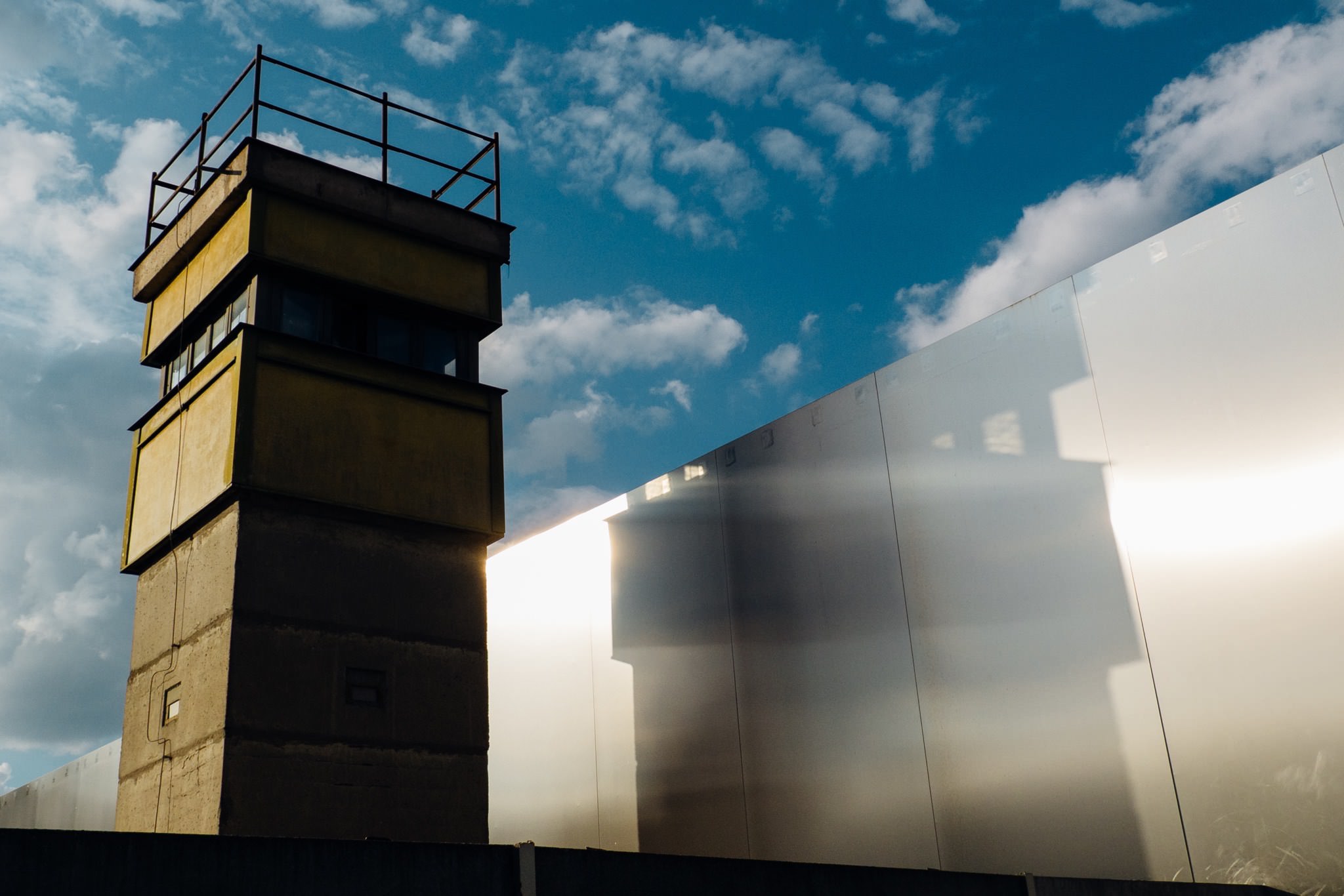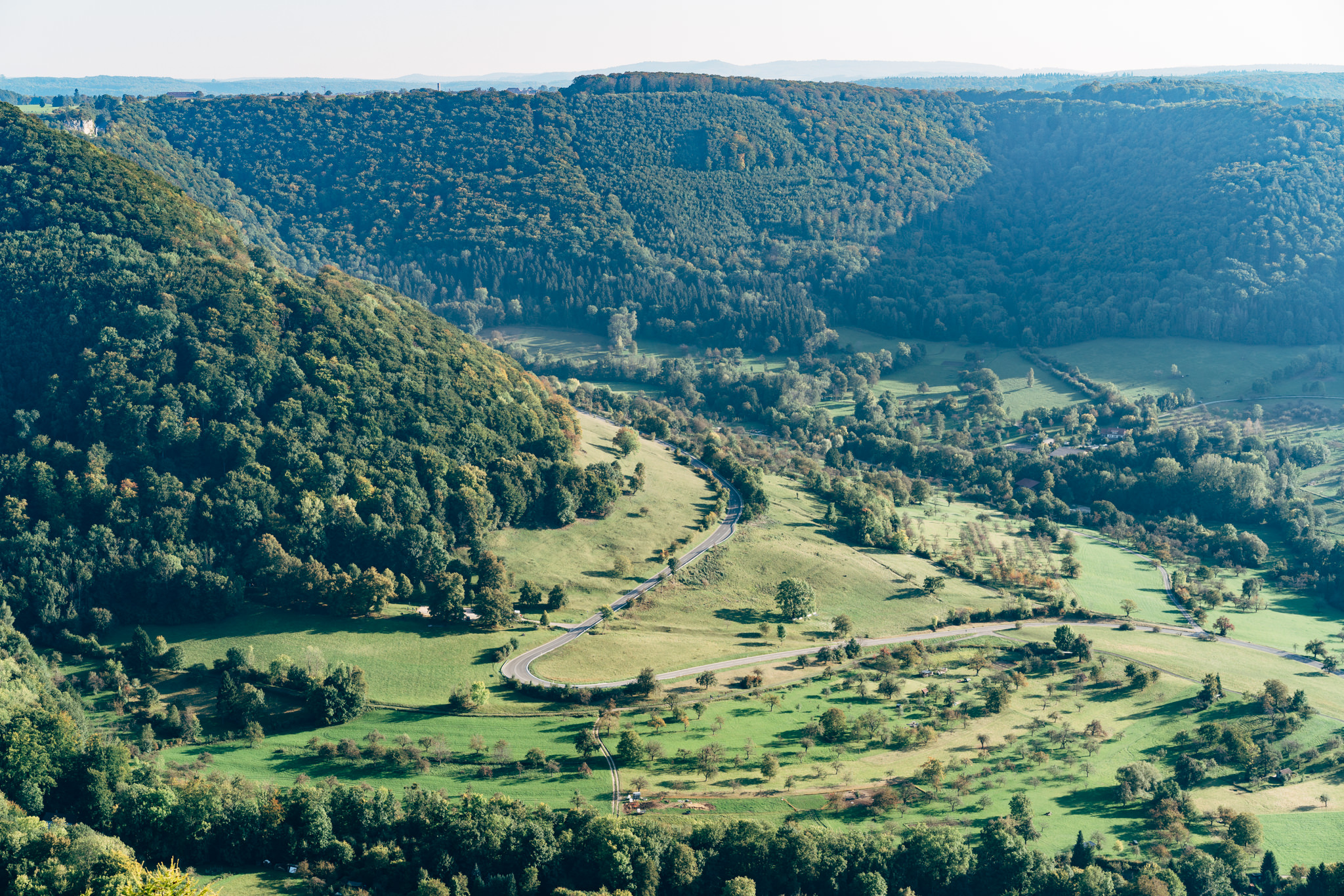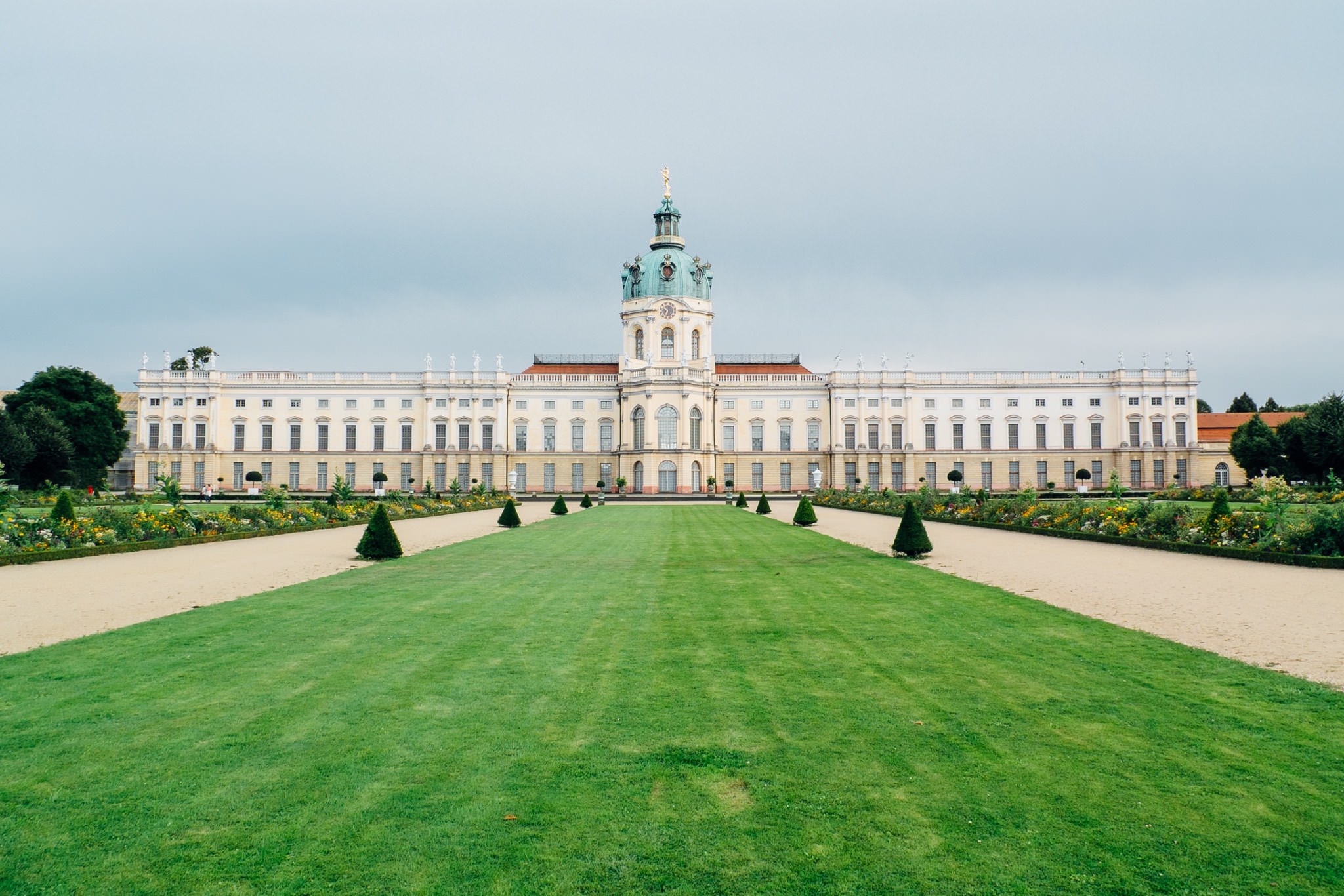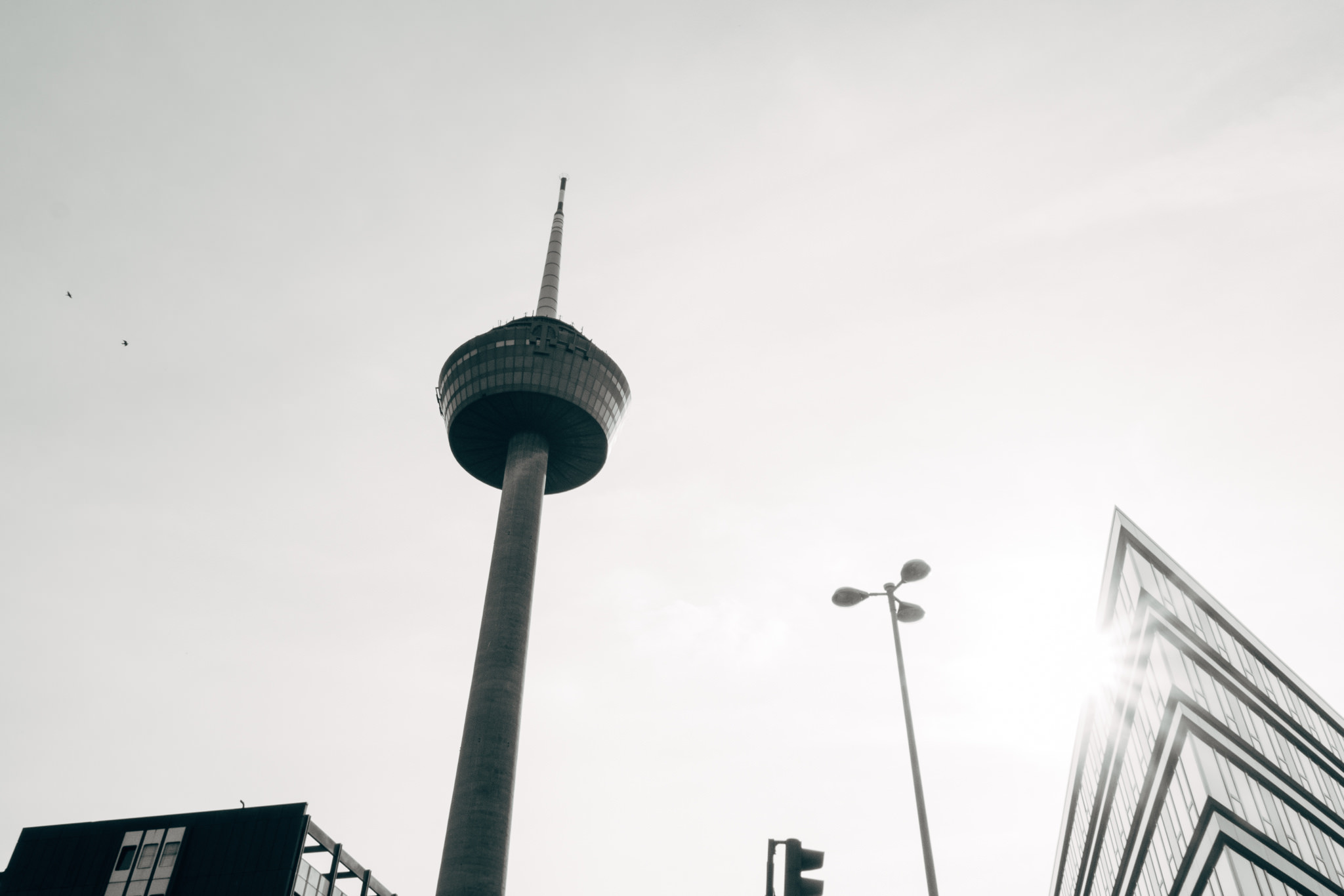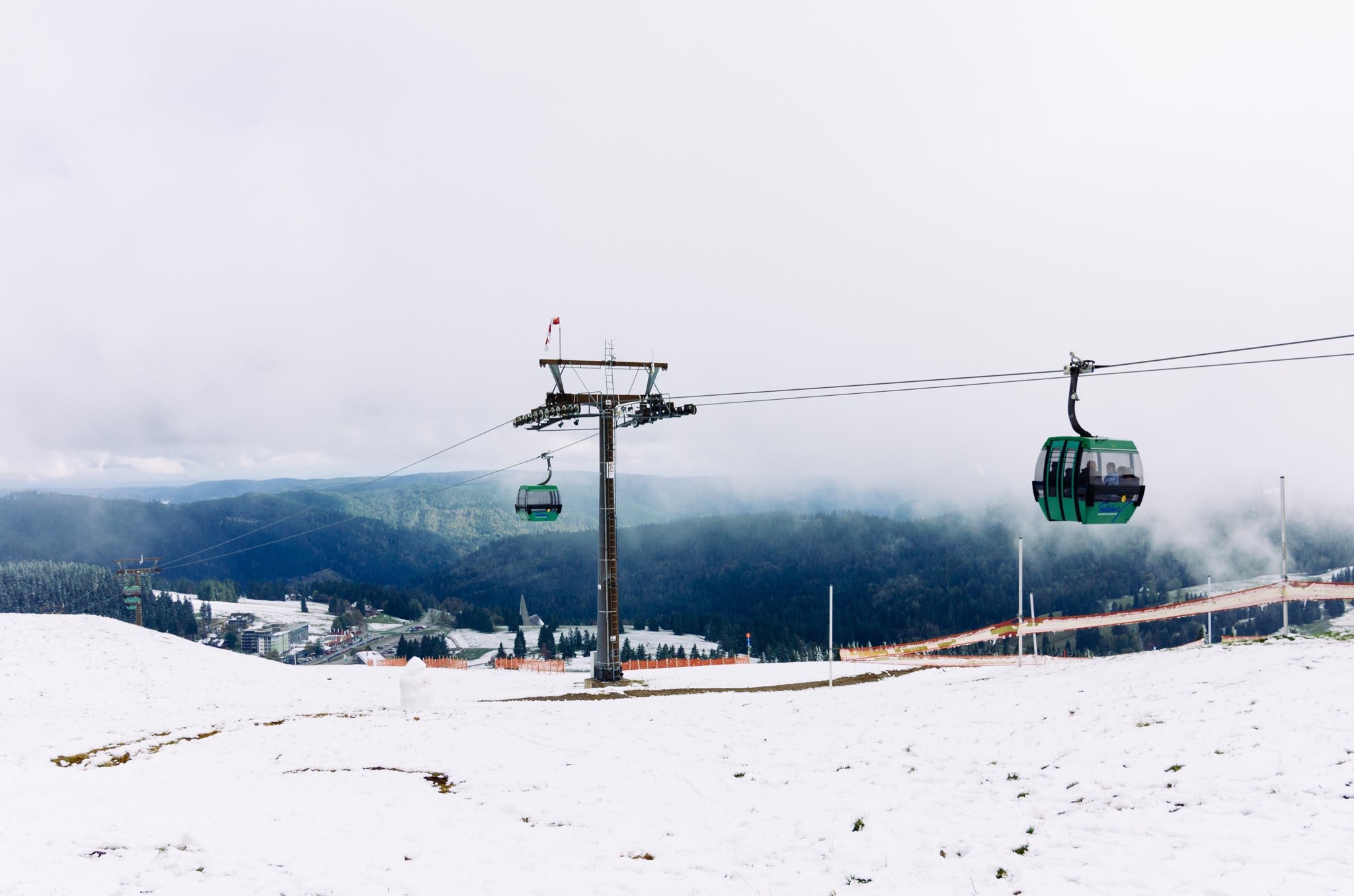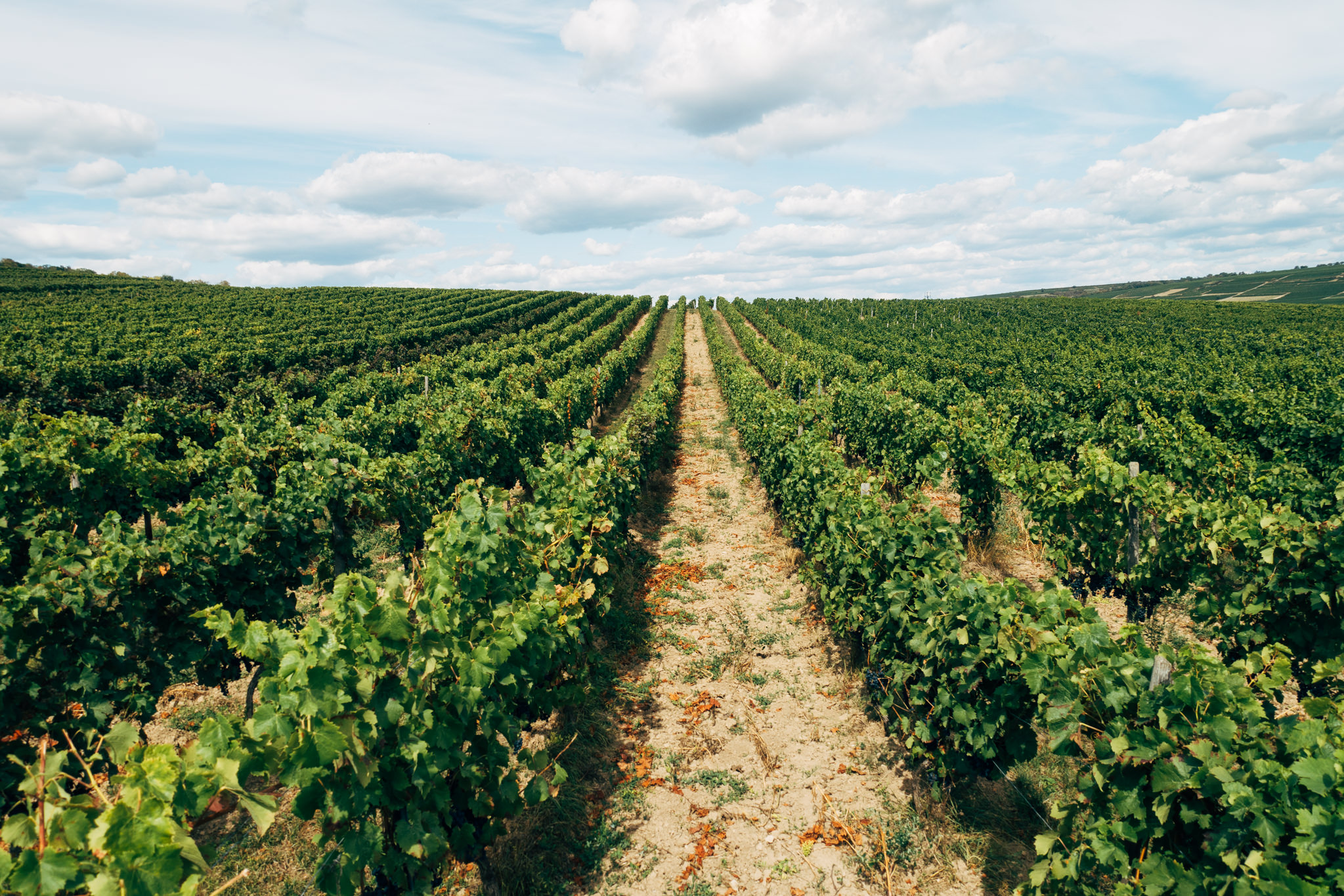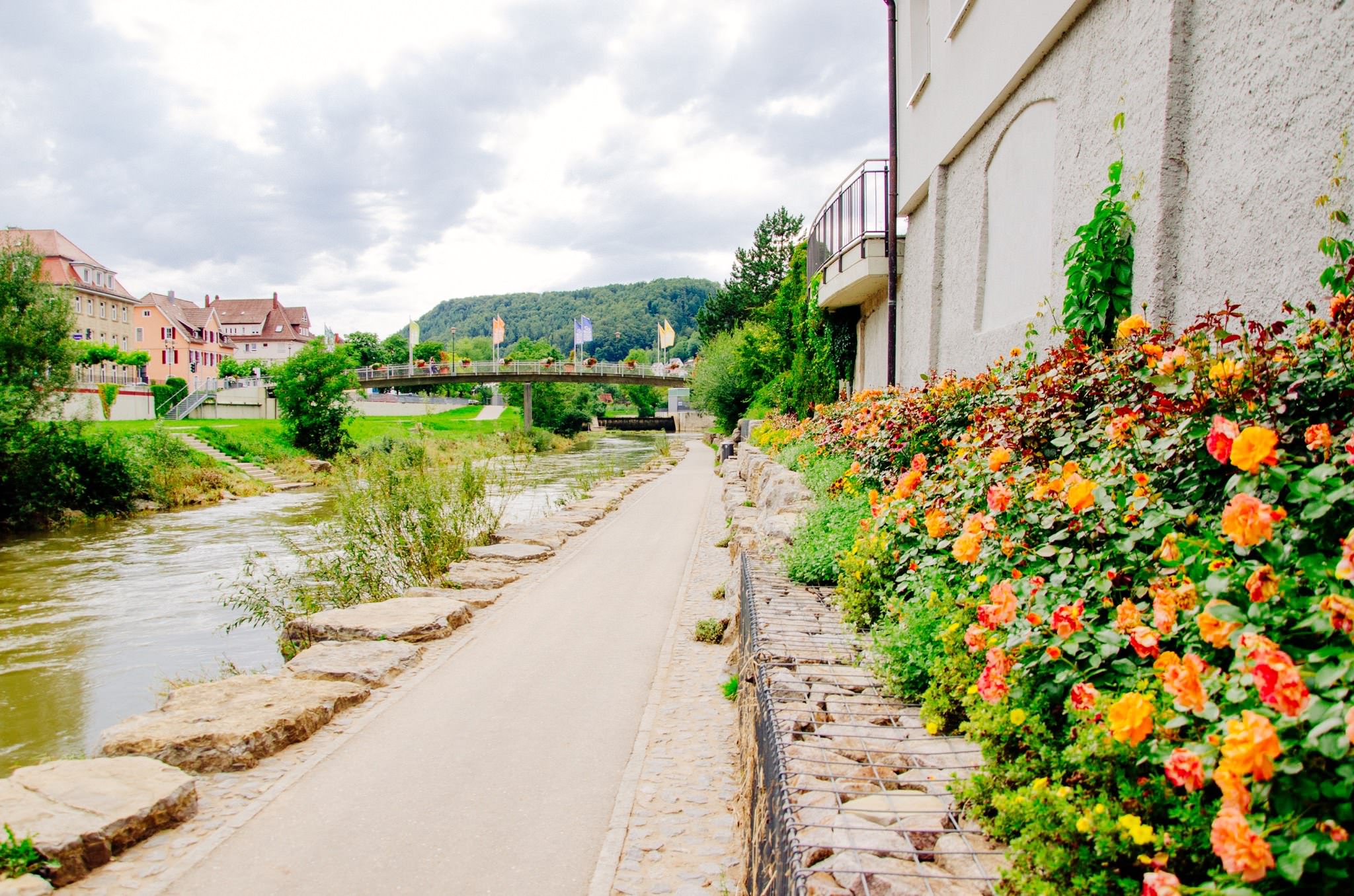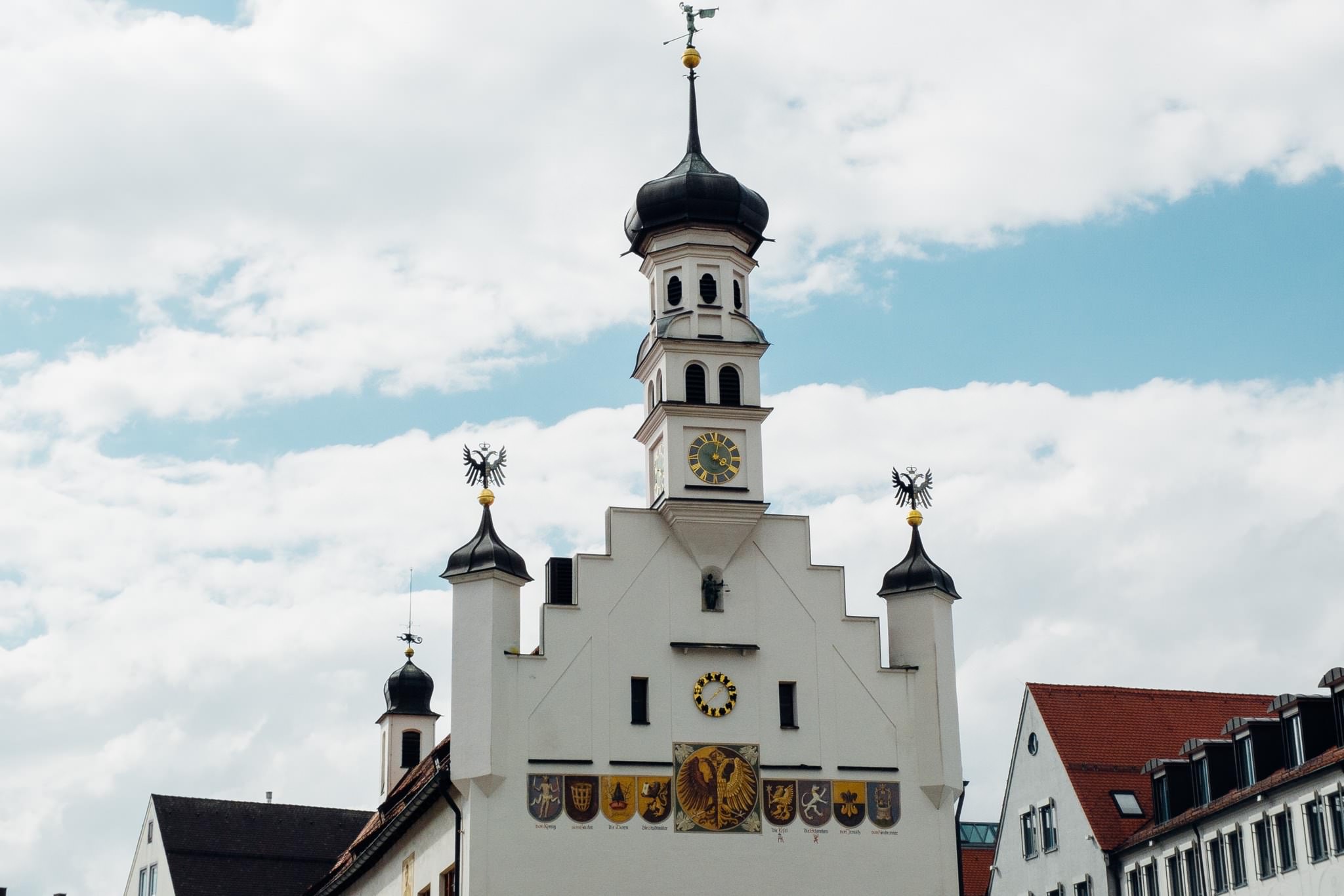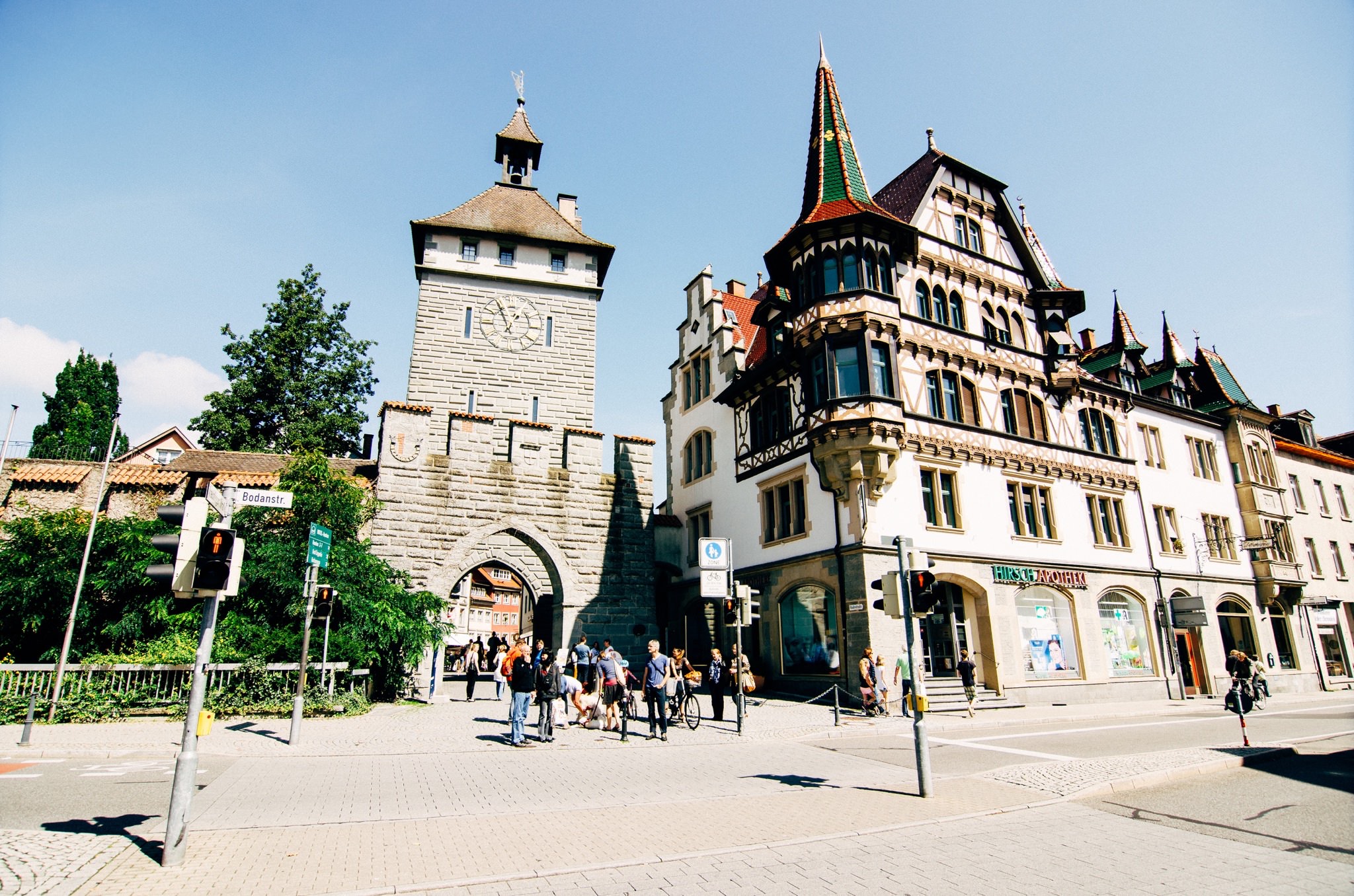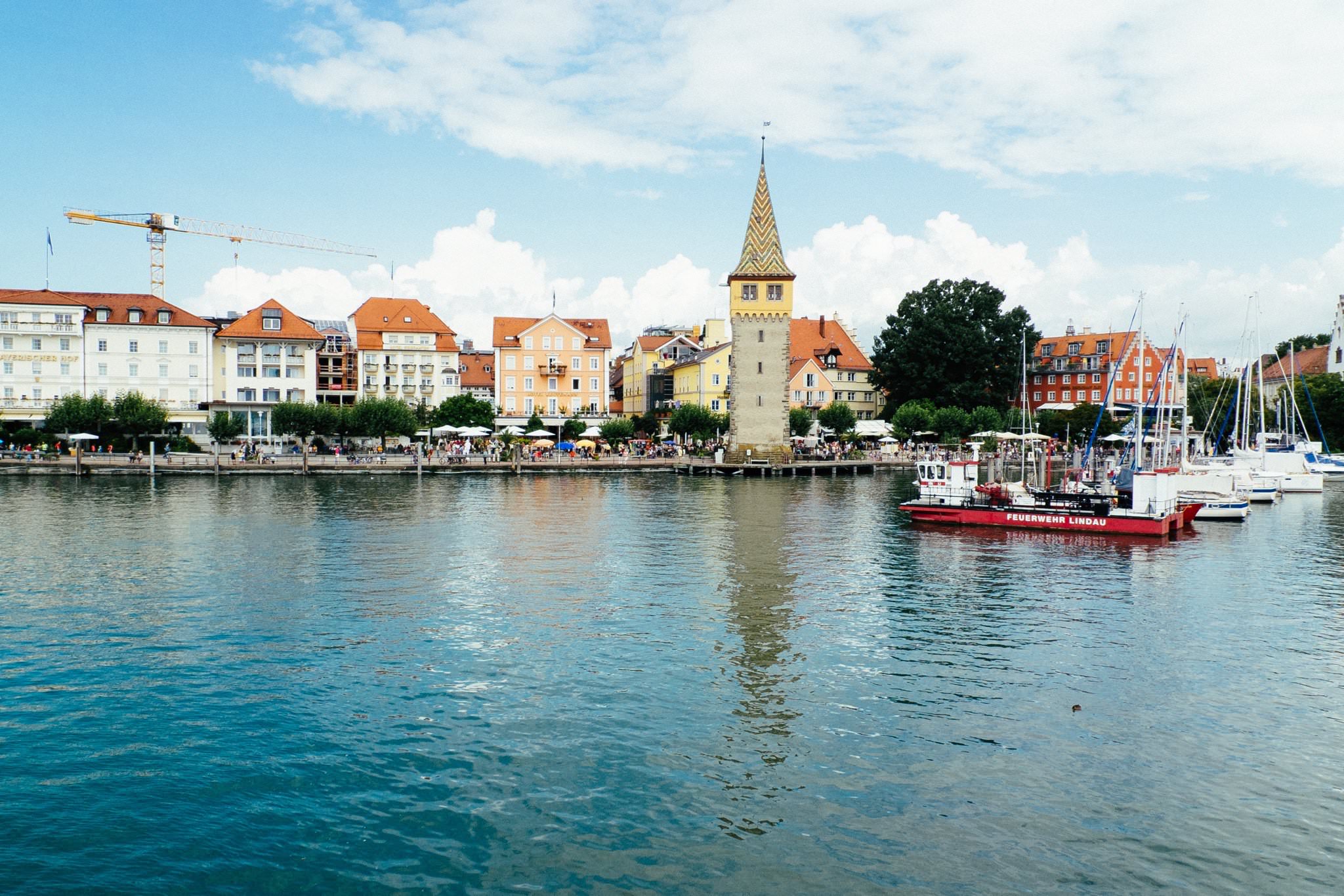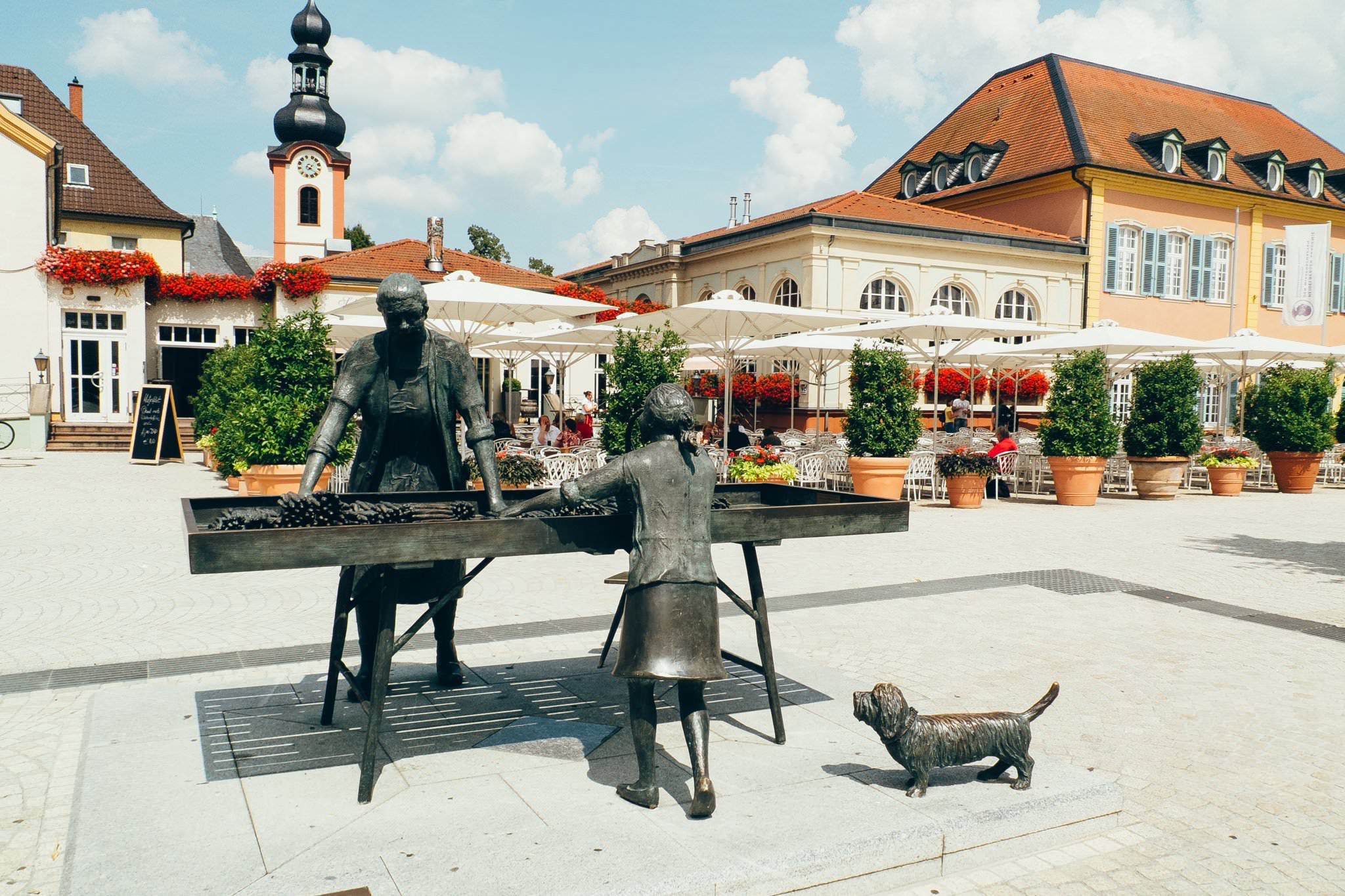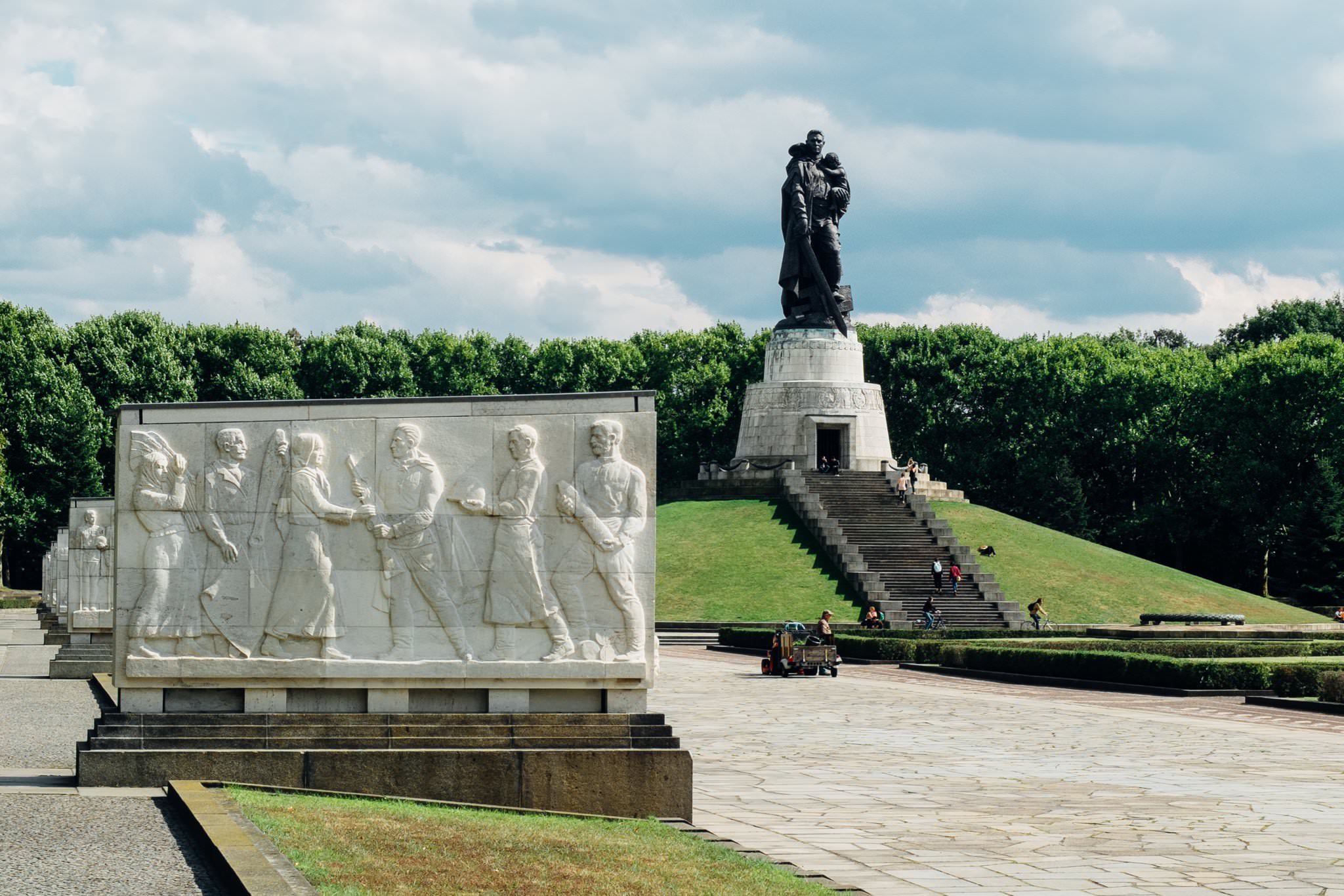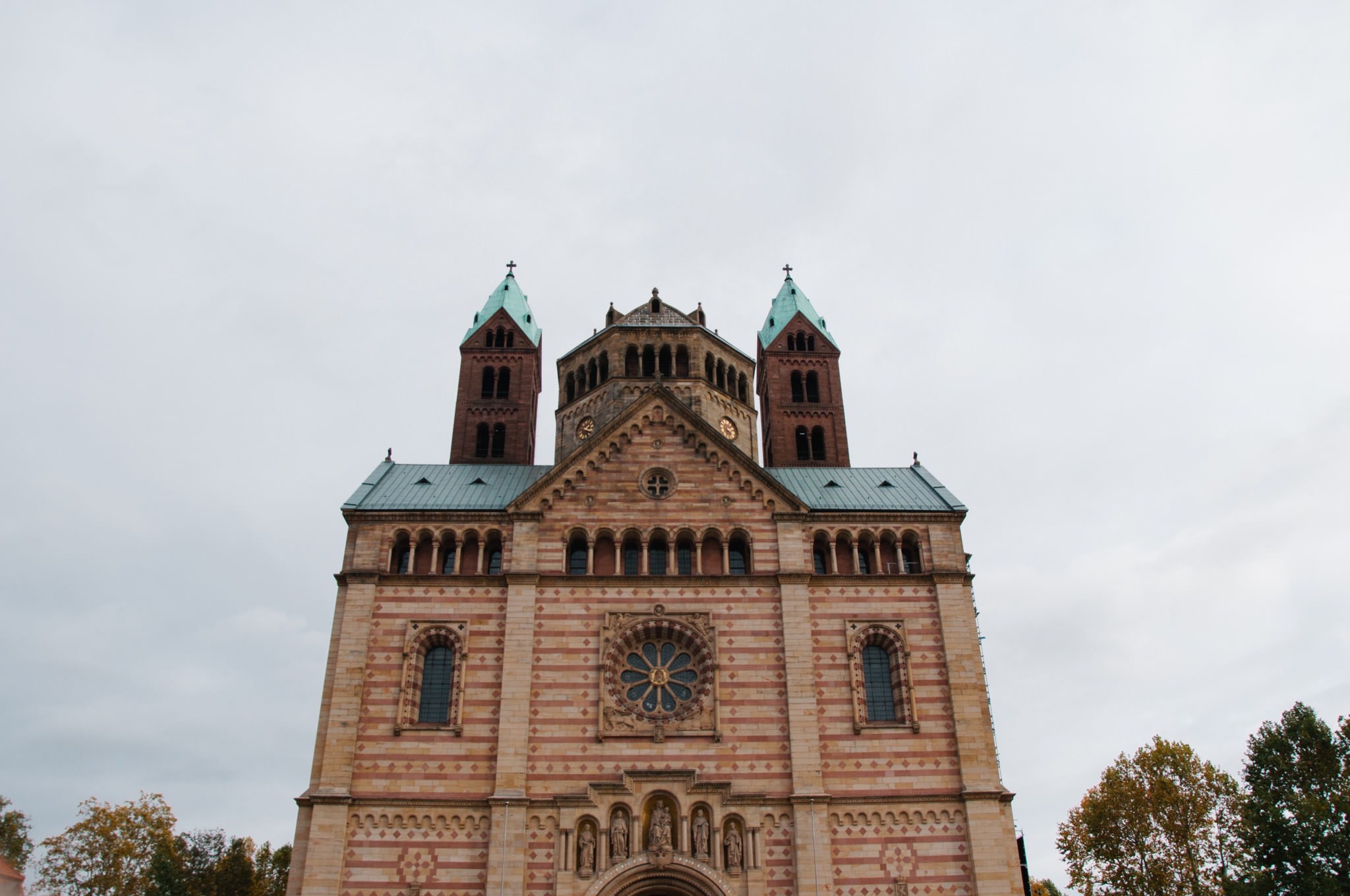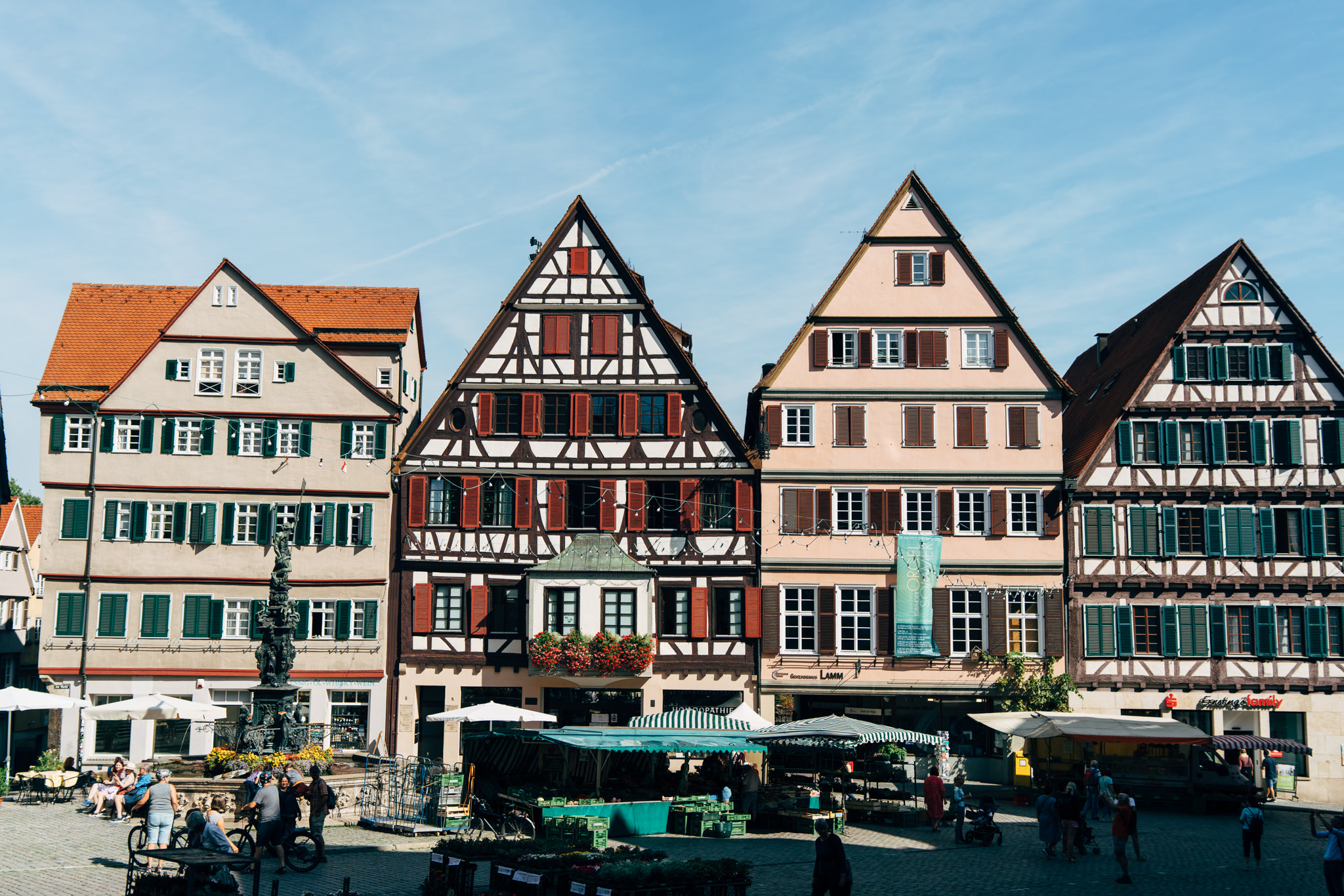Germany is located in Central Europe and the biggest country of the European Union. It is a Federal Republic and is divided into sixteen federal states (“Bundesländer”).
The capital of Germany is, after reunification, Berlin, which is also the largest city. However, to the surprise of many international tourists, the country’s largest and most connected airport is Frankfurt am Main.
Traditional German cuisine varies from region to region. Germany has a long history of making sausages and bread. There is a diversity of both varieties that is unparalleled in the world.
Besides over 200 types of bread, there are also a variety of bread rolls. The generic term for bread rolls in German is “Brötchen”, but depending on the region it is still called differently. For example, in Berlin you have to order a “Schrippe”, in Bavaria a “Semmel”, in the north a “Rundstück” or in Baden-Württemberg a “Weckle” to get a bread roll.
Ordering a popular German pastry can be just as complicated. The German form of doughnut, sweet yeast dough fried filled with marmalade and topped with powdered sugar, is called Berliner in West Germany. If you want to order a Berliner in Berlin, you have to ask for a “Pfannkuchen”. “Pfannkuchen” is in the rest of Germany, the term for a pancake. If you want to have a pancake in Berlin, you have to order a “Eierkuchen” (egg cake).
The drink most associated with Germany is beer. The clichéd German attaches great importance to the purity of beer. The Bavarian purity law (Reihnheitsgebot) of 1516 is probably the oldest food-quality regulation still in use today.
Germany is the largest beer producer in the European Union. It ranks fourth in the world ranking, led by China.
Nearly one percent of the population of Germany have the surname Müller. “Müller” is the German word / job title for the operator of a mill.

